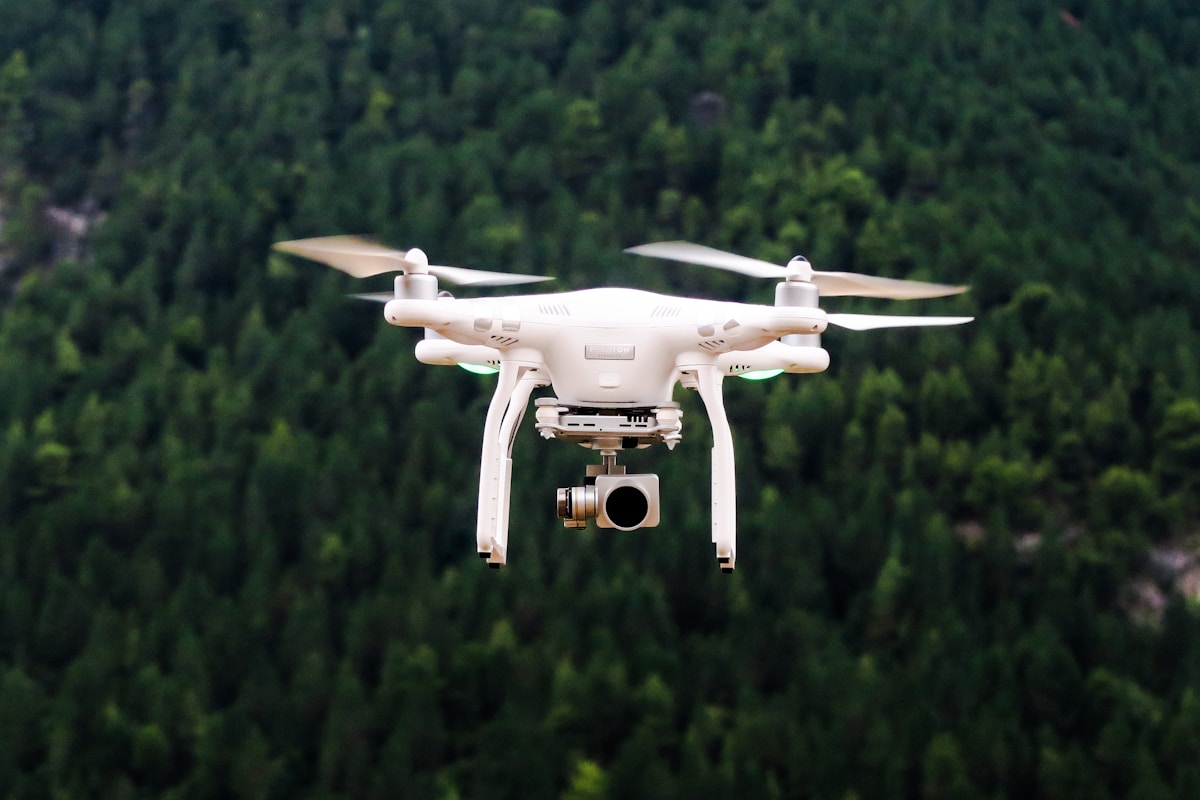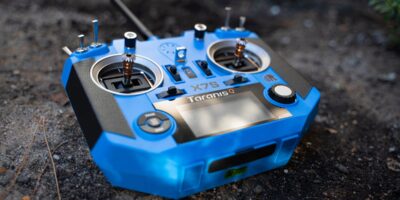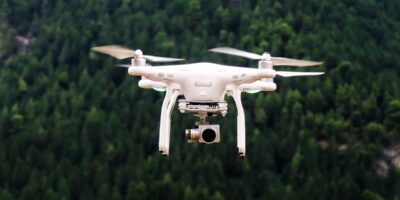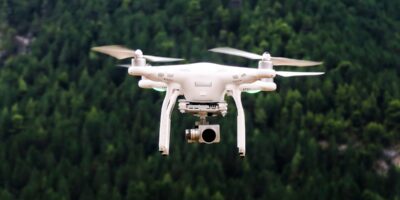Drone Understanding the Role of a UA guidance has gotten complicated with all the outdated regulations and conflicting advice flying around. Here’s what you actually need to know.
Understanding the Role of a UAS Nurse
UAS stands for Uniform Assessment System. It’s a comprehensive tool used primarily in New York for evaluating the needs of individuals requiring long-term care. UAS nurses play a vital role in this system. They conduct assessments to determine the level of care an individual might need.

The Assessment Process
The process begins with a thorough review of an individual’s medical history. UAS nurses collect data on past and present medical conditions, treatments, and medications. They also consider any functional limitations a person might have. This includes mobility issues or difficulties with daily living activities such as bathing, dressing, or eating.
Nurses then perform face-to-face assessments. These can happen in various settings like hospitals, nursing homes, or the individual’s own home. The goal is to get an accurate picture of the person’s health status. Physical exams might be part of this evaluation, focusing on vital signs and physical capabilities.
Documenting Data and Analysis
Documentation is crucial. UAS nurses meticulously record their findings in the Uniform Assessment System database. This electronic health record helps in creating a care plan tailored to the individual’s needs. The data includes medical, social, and functional information.
Analysis follows this documentation. UAS nurses interpret the data to understand the extent of care required. They categorize the care needs, which helps in determining the eligibility for certain Medicaid programs or services.
Developing Care Plans
The data collected and analyzed is used to develop care plans. These plans outline the specific services a person needs for optimal health outcomes. Services could range from home health care to rehabilitation services.
UAS nurses collaborate with other health professionals to ensure the care plan is comprehensive and actionable. They might work alongside social workers, doctors, and therapists. This team approach ensures all aspects of a person’s health and wellbeing are considered.
Communication and Coordination
Effective communication is a cornerstone of their role. UAS nurses keep open lines of communication with the individuals they assess, their families, and other healthcare providers. They provide updates and facilitate discussions to address concerns or changes in health status.
Coordination of services is also vital. UAS nurses ensure that the recommended services are delivered in a timely manner. They might organize schedules, arrange transport for medical appointments, or oversee the implementation of assistive devices.
Periodic Reassessments
The initial assessment isn’t the end. UAS nurses conduct periodic reassessments. These are essential for adapting the care plan to any changes in an individual’s condition. Regular updates ensure that care remains relevant and effective.
Regulatory Compliance
UAS nurses must adhere to regulatory requirements. They are bound by policies governing Medicaid and long-term care services. Compliance ensures the accuracy of assessments and prevents fraud or misuse of resources. Staying updated with healthcare laws and guidelines is part of their responsibility.
Training and Qualifications
To become a UAS nurse, one needs to be a registered nurse with a valid nursing license. Experience in geriatrics or home-based care is often preferred, given the context of their assessments. Training in the use of the Uniform Assessment System is crucial, equipping nurses with the necessary skills to use the assessment tools effectively.
Continuous professional development is encouraged. This can include workshops, seminars, or courses related to advances in geriatric care, assessment techniques, or changes in Medicaid regulations.
Challenges Faced
The job has its challenges. UAS nurses often work with individuals in vulnerable conditions. Doing thorough assessments in sometimes unpredictable environments is part of the job. They must balance compassion with objectivity, ensuring that evaluations are both empathetic and accurate. Managing complex data and maintaining confidentiality is crucial.
The Impact of UAS Nurses
The work of UAS nurses significantly impacts the quality of care that individuals receive. Their assessments can open doors to necessary resources and support services. By accurately evaluating needs, they play a key role in preventing hospitalizations and promoting independence and comfort in individuals’ lives. The assessments also aid in cost management within the healthcare system by aligning resources with need.



